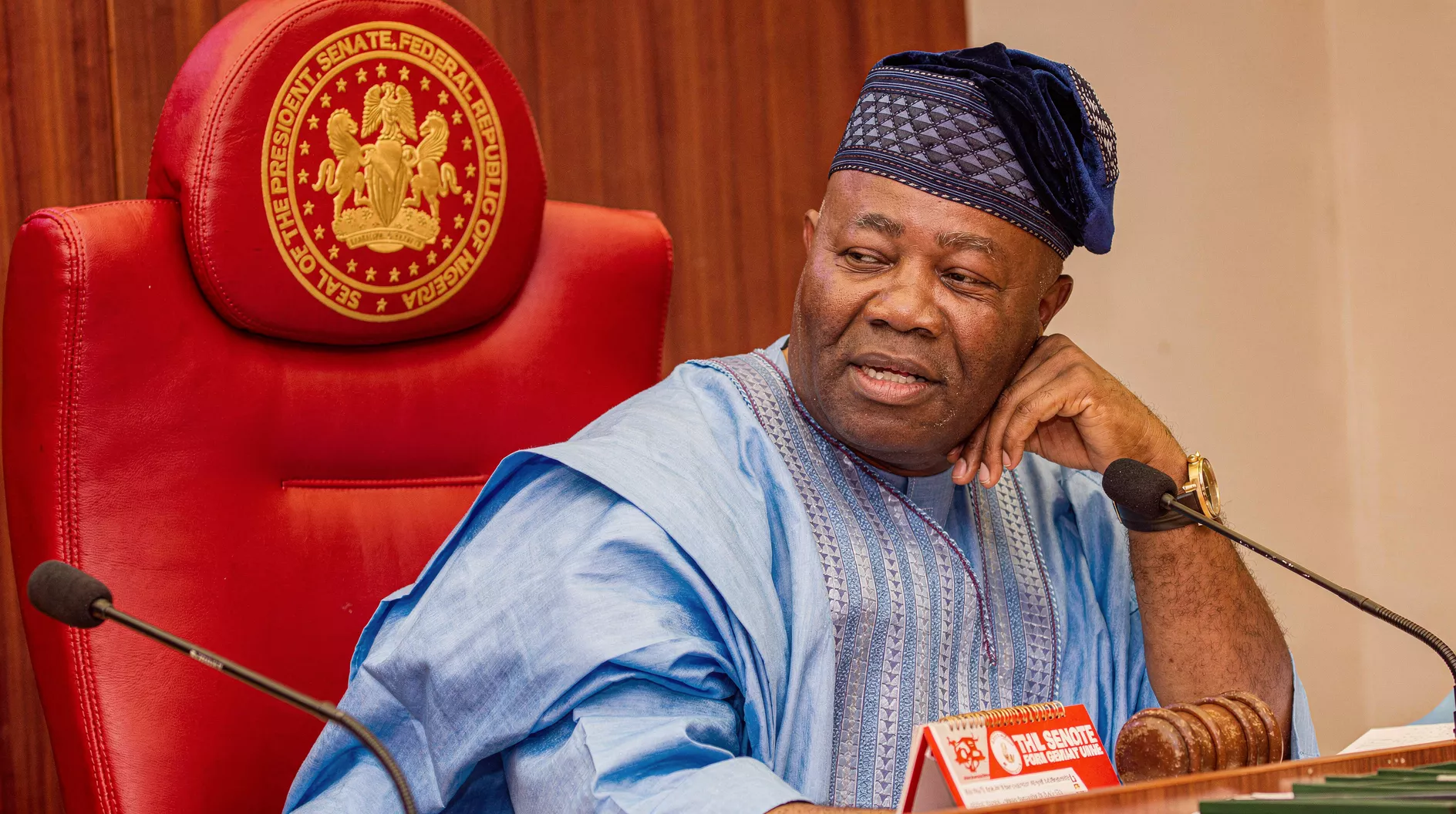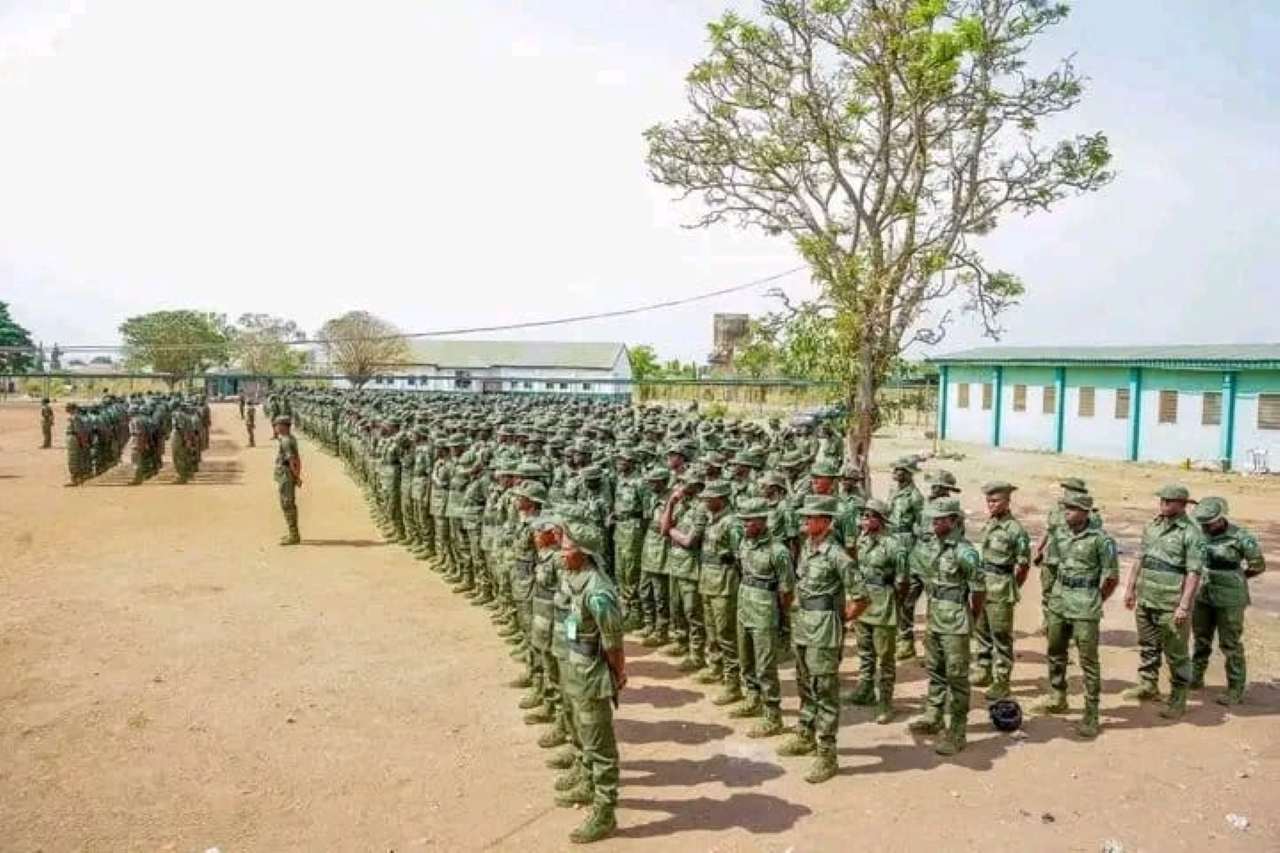President Bola Tinubu on Thursday swore in Professor Joash Amupitan as the new Chairman of the Independent National Electoral Commission (INEC), officially marking the beginning of his tenure as head of Nigeria’s electoral body.
The swearing-in ceremony was held at the Council Chambers of the Presidential Villa, Abuja, ahead of an expanded meeting of the National Economic Council (NEC).
Charging the new INEC Chairman, President Tinubu urged him to uphold the integrity of Nigeria’s electoral process and to strengthen the commission’s institutional capacity to deliver free, fair, and credible elections.
Amupitan’s appointment followed the National Council of State’s unanimous endorsement of his nomination, which the President had earlier submitted.
His confirmation by the Senate was by voice vote, presided over by the President of the Senate, Godswill Akpabio.
A Professor of Law at the University of Jos (UNIJOS), Amupitan hails from Ayetoro Gbede in Ijumu Local Government Area of Kogi State. He became a Senior Advocate of Nigeria (SAN) in 2014 and is widely recognised for his expertise in company law, law of evidence, corporate governance, and privatisation law.
With his assumption of office, the new INEC boss faces immediate tasks, including preparations for the Anambra State governorship election slated for November 2025 and the Federal Capital Territory Area Council elections in February 2026.
Meanwhile, members of key Civil Society Organisations (CSOs) have urged the INEC boss to consolidate on the gains and reforms achieved under the immediate past Chairman, Yakubu.
They stated that sustaining the integrity of Nigeria’s electoral process requires the collective commitment of political parties, the judiciary, security agencies, and citizens.
The stakeholders made the call on Wednesday at a colloquium organised by the Centre for Transparency Advocacy (CTA) to celebrate achievements and reforms INEC recorded under Yakubu.
The colloquium, themed “Strengthening Nigeria’s Democracy: Reflections on a Decade of INEC Leadership,” brought together political leaders, academics, and civil society actors, who agreed that consolidating on the institutional and technological foundations laid under Yakubu’s leadership is key to building a more credible, transparent, and resilient electoral system in Nigeria.
Speaking, Deputy National Chairman of IPAC, Hon. Dipo Olayoku, described the conduct of elections in Nigeria as one of the most complex national responsibilities, noting that the problem goes beyond the electoral body itself.
According to him, conducting elections in Nigeria is no easy task, adding that many Nigerians still believe that once they take part in an election, they must win.






